Easy Honey Spiral T-Shirt
$27.99 Original price was: $27.99.$19.95Current price is: $19.95.
Category: Tshirt
Tag: Easy Honey Spiral T-Shirt
Dye migration is a Easy Honey Spiral T-Shirt . Common issue screen printers face but with high quality apparel like Kingtees, the likelihood is significantly less. We break down a few tips on how to combat this issue before, during and after the apparel hits the press.
Easy Honey Spiral T-Shirt, hoodie, sweater, longsleeve and ladies t-shirt


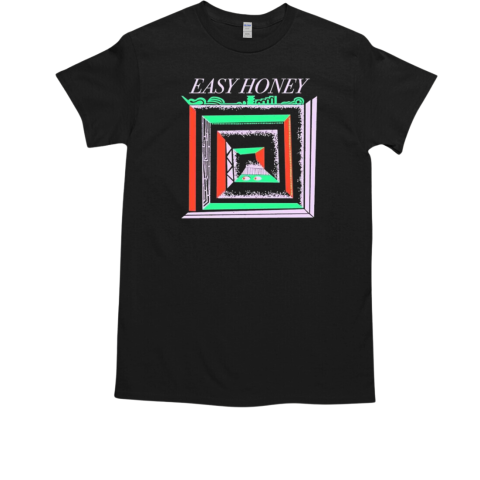
Dye migration is where a garment has heated up too much during the curing process Easy Honey Spiral T-Shirt . It’s allowed the ink to become a gaseous state and some of the dye will seep through the ink, changing the pigmentation. If you printed white ink on a red t-shirt, you would spot dye migration by the way the white ink turned pink from the red dye from the shirt that has risen through the ink. The quality of blank apparel is essential to what happens with the dye migration process. We see this more on synthetic fibers. If there are inconsistencies within batches of blank apparel from one batch to the next, you can see even more migration happening. This type on inconsistency is not common when printing on kingtees due to our centralized and consistent dyeing process. At kingteeshops, we minimize the chance of dye migration by standardizing the high quality dyes we use and the machines used in the dyeing process. If dye migration does occur, there are certain troubleshooting methods you can try during the print process to help identify the cause. The consistency of kingteeshops apparel assures printers that 6 months, two years or even longer down the line prints will be the same every time. Controlling palette temperatures and understanding your flash times on press is very critical. During the production process, make sure the press isn’t getting too hot and you’re maintaining a consistent temperature throughout the run. Consistent temperature helps maintain the same look with your inks.
You want to understand your inks and how they pair with the garment you plan to print on. A low bleed or polyester ink is typically common on synthetic fibers, which tend to bleed, so these inks help mitigate that risk. Depending on what ink you’re going to use, traditional plastisol, water based, or a low cure low bleed ink, each one has a different flash temperature and curing temperature. Temperatures for this could range from 260 to 300 degrees. Maintain this temperature to not get too high on the synthetic fibers. As it gets hot, the dye of the fabric will have a chance to migrate.
The dryer needs correct profiling. You can have hot spots or cold spots within a dryer. A doughnut probe will help your dryer maintain consistent heat throughout its run. Double check your ink is not overcooked as well. It needs to be cured to the exact temperature in order to not cause dye migration.
When the apparel is coming off the dryer, offset your stacking. People often stack freshly dried apparel into a printers dozen directly into a box where the heat is retaining. So after the box has shipped and arrived to the customer, dye migration has occurred. The apparel might have started out with perfect white ink but because of the compressed heat in the shipped box and the shirts stacked one on top of the other, it changed the outcome of the apparel entirely.
You Can See More Product: https://newshirtstore.com/product-category/trending/












Be the first to review “Easy Honey Spiral T-Shirt” Cancel reply
Related products
Sale!
Sale!


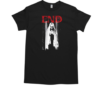

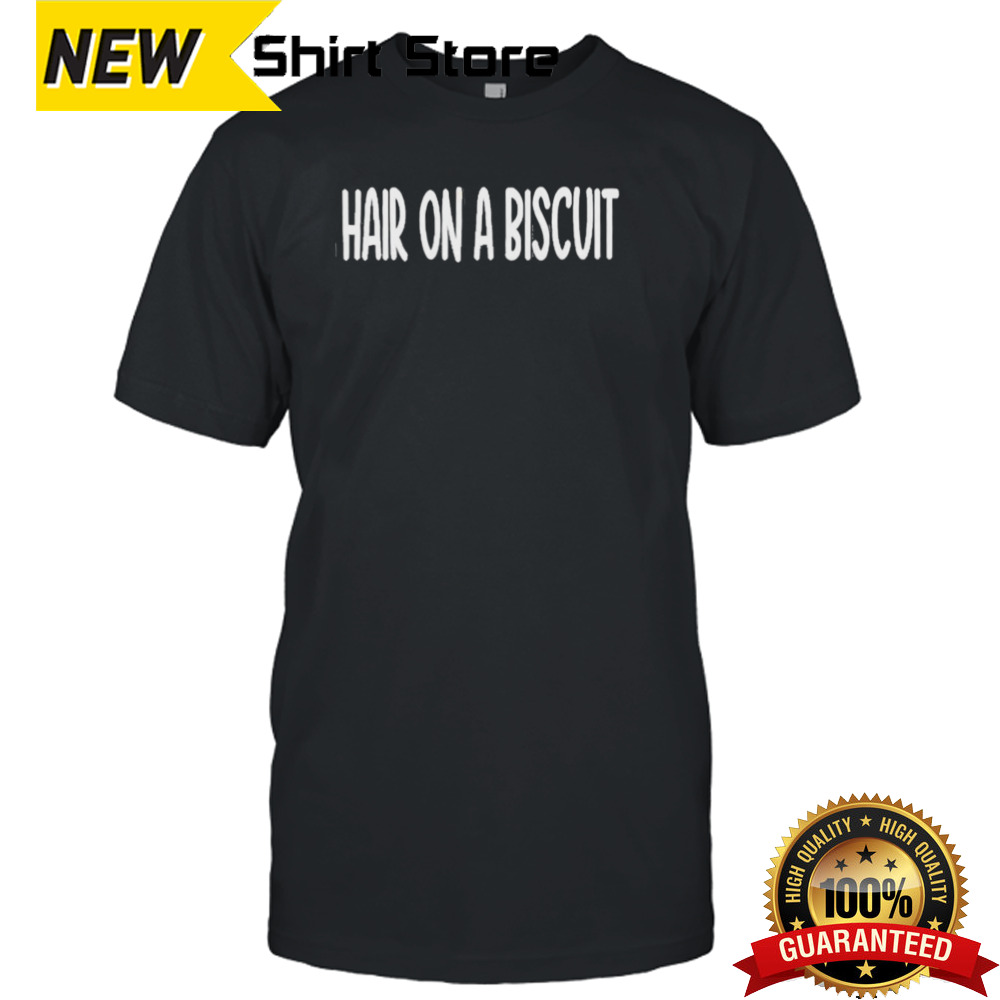




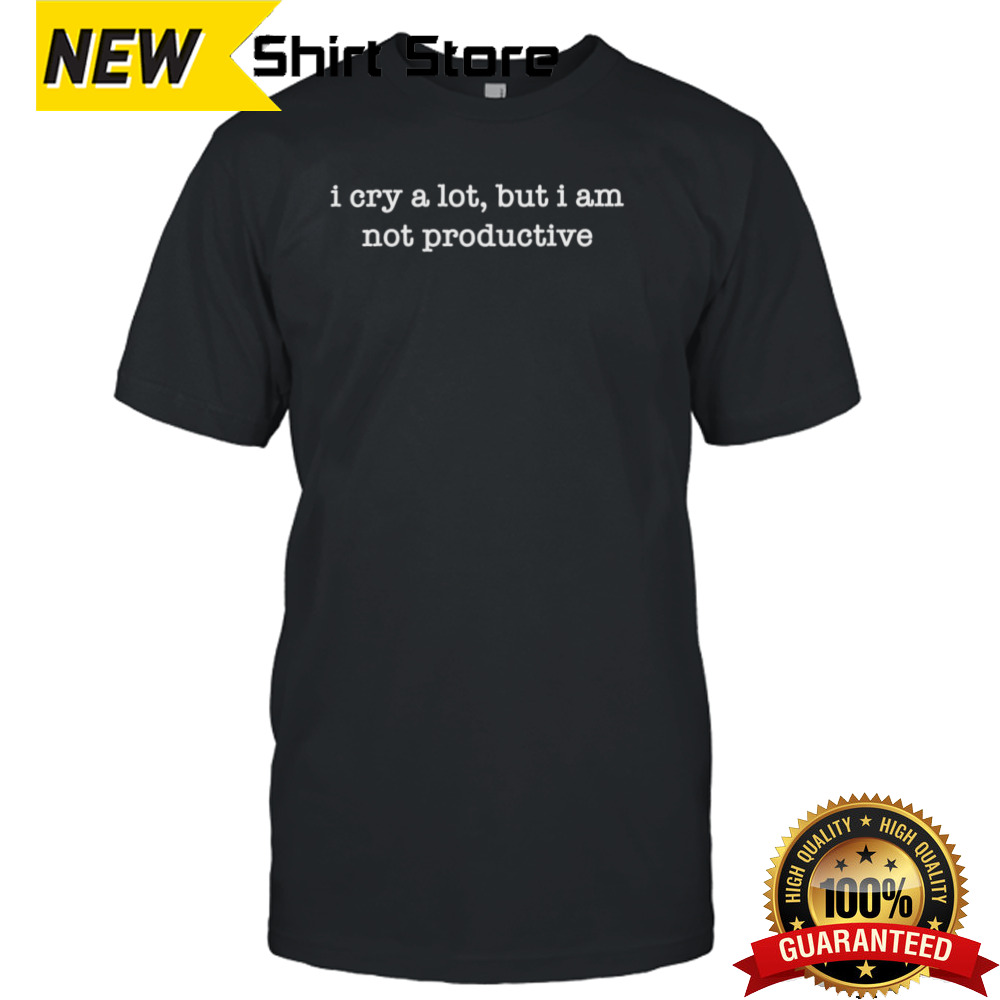
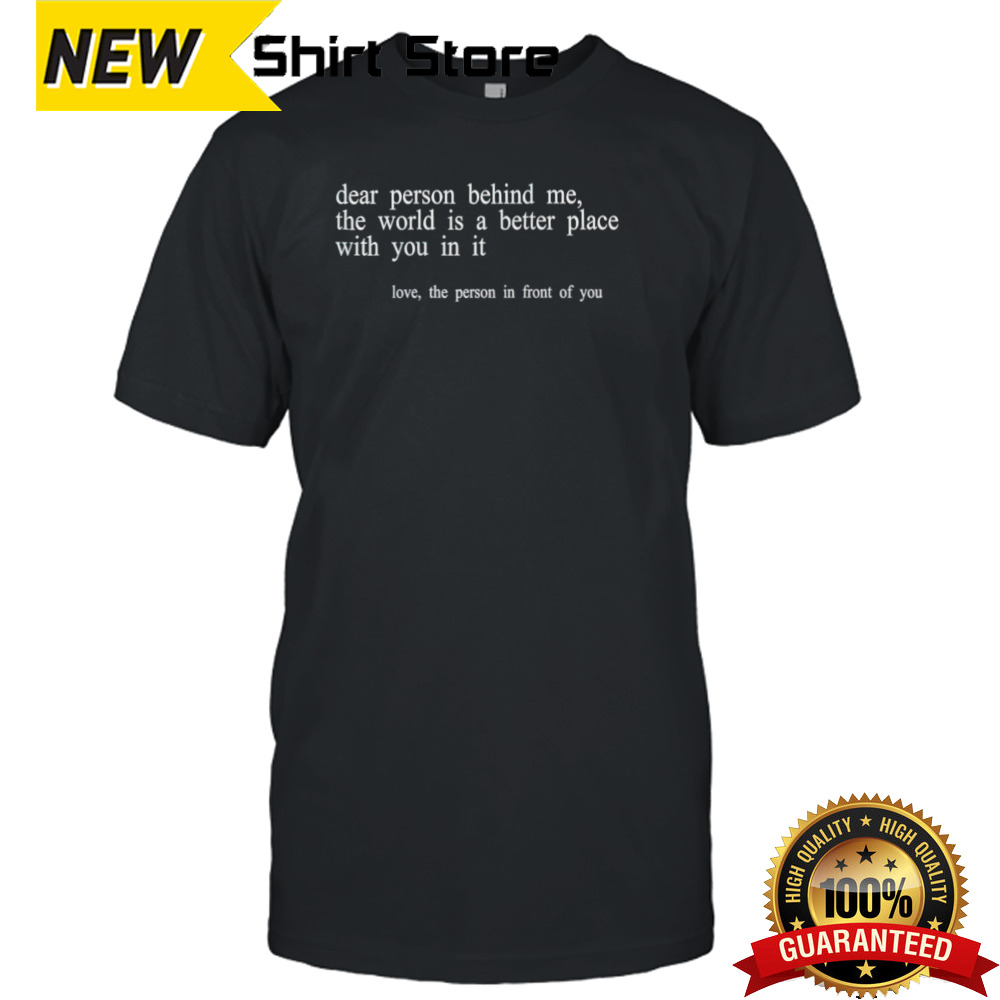
Reviews
There are no reviews yet.